For several weeks, we have been witnessing the brutal repression of Muslim communities in New Delhi, India, that has already resulted in several dozens of deaths. But even more worrisome than this are the accusations surrounding this conflict, that point out at the permissiveness and complicity of the country’s authorities.
Alfonso Casani – FUNCI
The outburst of this violence can be traced back to February 22nd in New Delhi, capital of India, with the outbreak of clashes between Hindu and Muslim groups during a demonstration against the Citizenship Amendment Act passed by president Modi, on the same day that president Trump visited the country. Since then, the clashes have led to a wave of violence against the Muslim minorities living in the capital, through the burning of homes and mosques, street violence and the lynching of its population. Although it is not possible to know the exact number of deaths this violence has led to, the numbers offered by the media estimate that more than 30 people have already died in the last couple of weeks.
These persecutions are not only a consequence of the religious discrimination faced by the Muslim population in the country, they are also framed in a Hindu nationalist sentiment. The lack of reaction by the authorities (president Modi didn’t refer to the clashes in three days, when he did so through a generic tweet calling for peace) and security forces has led some scholars and observers to alert of a possible pogrom against the Muslim population.
The events taking place in India are, in this sense, a reflection of the structural discrimination that the Muslim communities have been facing for decades, without excluding the violence faced by the local Christian communities as well. Thus, this violence is also a consequence of the political positions defended by part of the country’s political parties (including the governing party, the Bharatiya Janata Party, BJP, leaded by president Modi), and the last measures adopted by the government.
Riots among discriminatory legal measures
The lack of reaction by the authorities and security forces has led some scholars and observers to alert of a possible pogrom against the Muslim population.
Several recent events have contributed to this riots. The most recent factor can be traced to the passing of the Citizenship Amendment Act passed last December 11th, that seeks to grant Indian citizenship to the foreign religious minorities taking illegal refuge in India. This Act was severely criticized for actively excluding the Muslim minority, and sparked a wave of social protests that continue up to these days.
This legal measure was framed in a nationalist strengthening of the BJP’s nationalist rhetoric. The passing of the Citizenship Amendment Act was the last of a series of discriminatory measures adopted by the government, such as the promotion of Islamophobia extremists for government posts, the revocation of Kashmir’s autonomy (only Muslim-majority State), or the support of the building of a Hindu temple over the ruins of the Babri mosque (after a controversial ruling of the High Court, which put an end to a decades-long legal dispute).
A responsibility to change history
This riots are part of a wider frame of religious discrimination by the State. This framework contributes to legitimize the violence and repression of minorities.
It is not the first time that ethnic and religious persecution take place in India. In 1984, after the murder of Indira Gandhi, more than 3,000 Sikhs were murdered in street riots. Once again, in 2002, almost a thousand Muslims were murdered in riots in the State of Guajarat, where Modi served as chief minister. At the time, he was already accused of adopting a passive stance in the face of the persecution and killing of Muslims.
India cannot allow for these situations to repeat, and needs to put an end to the persecution of Muslims we are witnessing today. However, as this article reflects, it shouldn’t only put an end to the violence against this religious community. This riots are part of a wider frame of religious discrimination by the State. This framework contributes to legitimize the violence and repression of minorities, and affects many ethnic and religious minorities, such as Sikhs and Christians as well. Thus, India should tackle this discrimination in all its levels, promoting a more equalitarian legal system and respecting its citizens’ rights, so it can contribute to the pacific coexistence of the country’s ethnic and religious communities.

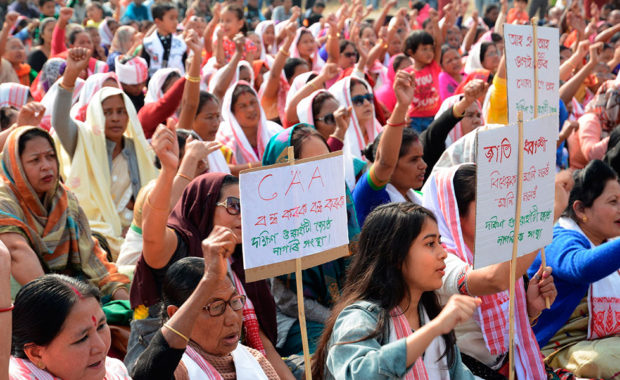
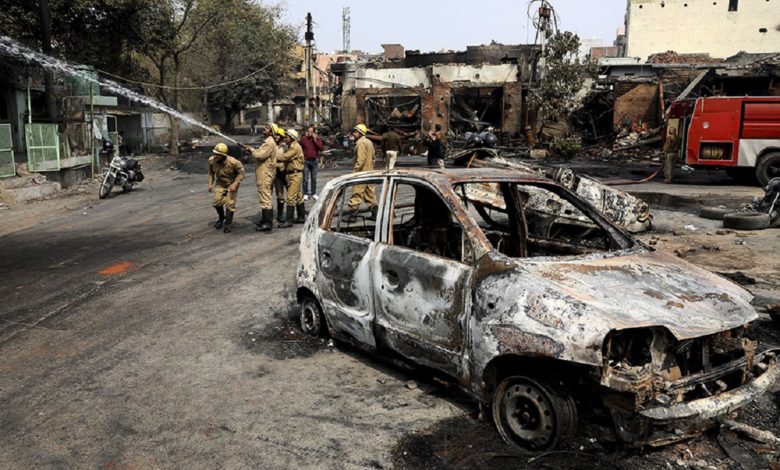
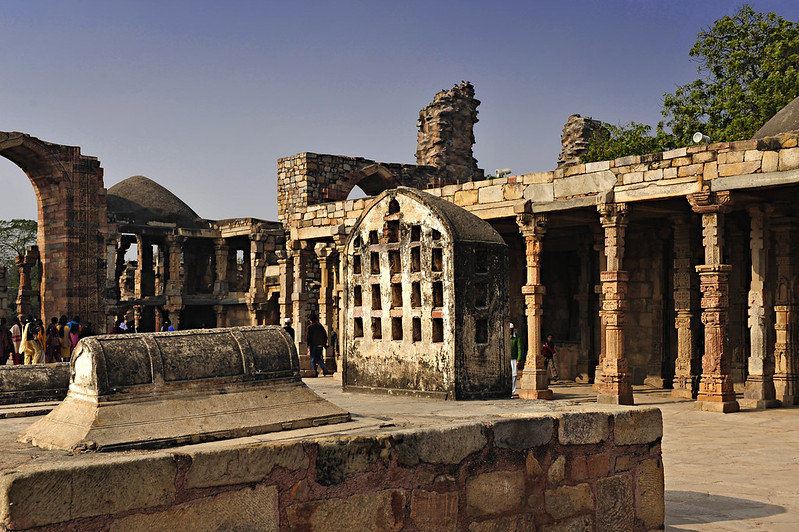

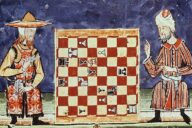
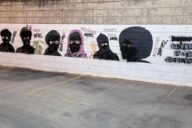










No Comments